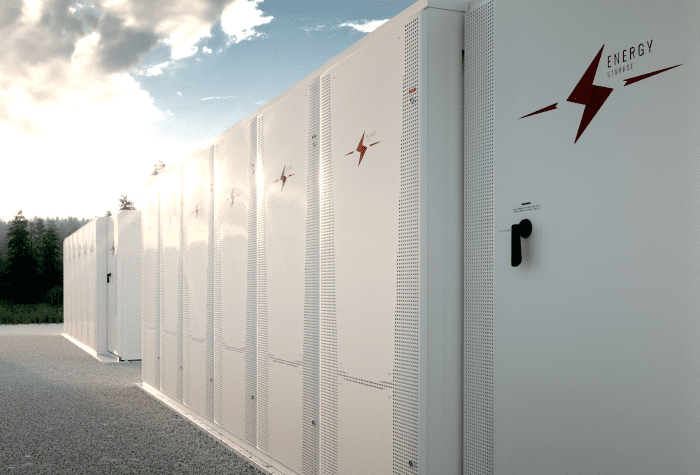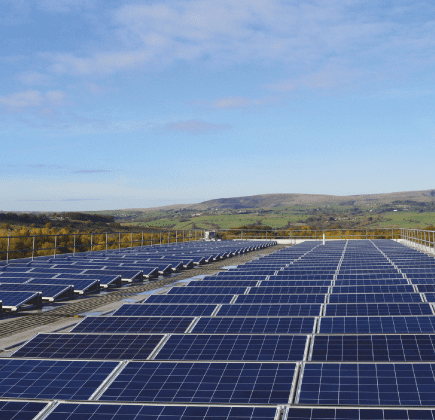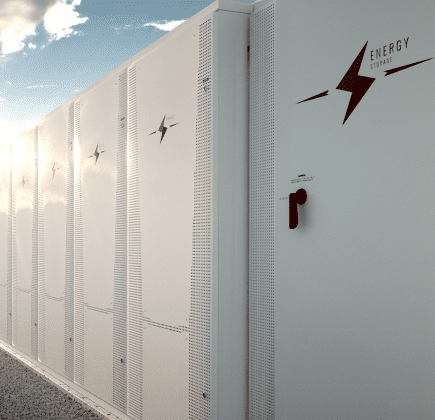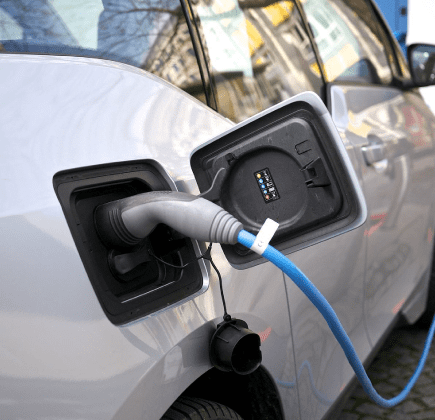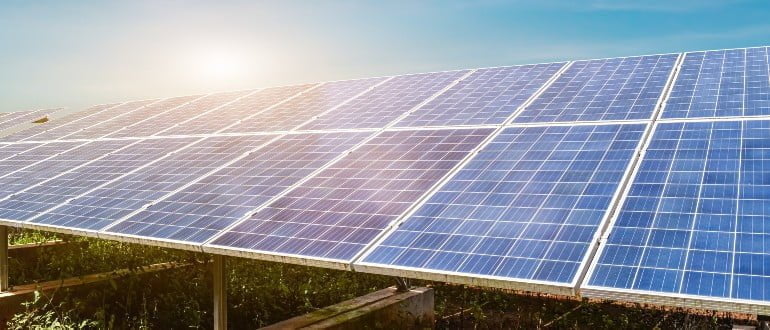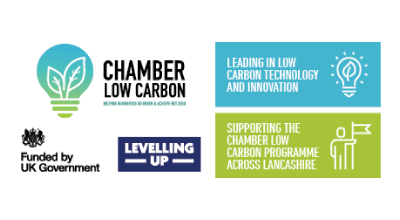- UK: 01282 421 489
- IE: 00 353 913 981 80

Four months ago in September 2022, the UK’s then-Interim Minister for Energy and Clean Growth, Chris Skidmore, began his Net Zero Review. In doing so, he said that he aimed to provide a comprehensive assessment of the UK’s Net Zero ambitions. This month, that report was released to the public.
Now, we’re not going to unpick the whole Review in detail, because the entire thing runs to 323 pages – it covers a wide range of sectors, including energy, transport, housing, farming, and more. Crucially though, despite its stated aim to be as comprehensive as possible, it’s still missing certain segments – such as firm judgements on public, private and commercial solar panel installations for example.
To sum it up in a sentence though – the UK has a long way to go.
There are 130 recommendations in the entire report, but here Low Carbon Energy, we’ll focus mainly on the energy aspects.

What are some of the report’s key energy findings?
Let’s start with one of the most prominent recommendations from the report. Namely that Ofgem, the energy regular, should have its remit expanded to include the Net Zero target. It’s also pointed to nuclear power, emphasising the need for a ‘clear strategy’ and urging the government to focus on achieving the UK’s “baseload requirement”. It’s not been hugely specific in how the government should go about achieving these, only highlighting ‘new projects’ like ‘small modular reactors’.
Another area in need of a clear strategy is hydrogen, which the report says should have a 10-year delivery plan by the end of this year. That means the government has to make some firm calls on decisions for funding and technology, including the potential of hydrogen for use in home heating.
The report also discusses the idea that ministers should consider requiring fossil fuel companies to (in its own words) “take back” the CO2 that’s being produced from burning their fuels, and store 10% of it underground using carbon capture and storage technology.
Another one of the most prominent recommendations – and one with the potential to be one of the most controversial – is that the government should consider replacing the windfall tax on North Sea and gas with a Net Zero fund. That fund would then essentially ringfence the subsequent proceeds for investment in offshore wind, and other low-carbon projects.
Is the report missing anything?
Yes. To be honest, quite a lot. There’s nothing significant about how individual behaviour change from consumers could help, or how the government should go about encouraging these changes. (Let’s be honest, it’s quite an uncomfortable topic.) It also doesn’t get to the crux of the issue about home heating and insulation, which is a major factor in the current cost of living crisis, and a challenging but rewarding energy-saving opportunity that the government continues to largely overlook.
The report also doesn’t outline anything about specific onshore wind and solar farms, and makes no clear recommendations for targets on the UK’s solar capacity. It only goes as far as recommending that taskforces are set up for the deployment of them.
What’s the verdict?
You can read the full report here, but in a nutshell: it’s not encouraging reading for the government, as it clearly demonstrates that we’re not on track with virtually all of our targets. Transport, housing, family or energy generation – they all need serious improvement.
On the upside, the review is at least unequivocal in its support for Net Zero, and makes its case clear by outlining clear economic benefits to the UK. If we’re able to get back on track with our targets as a nation, that could bring us significant rewards in the form of green jobs, health and wellbeing benefits, and economic growth to regions most in need of it. What’s more, it will help fulfil the UK’s international obligations that we’ve already made on the world stage.
The author of the report, outgoing Conservative MP Chris Skidmore, said that “the independent review ‘Mission Zero is the largest ever engagement with organisations, business and industry on Net Zero… [the review] is as comprehensive as I could make it – with over 130 recommendations in the 330 page report.”
“Above all,” he added, “I hope it demonstrates how to implement and deliver on Net Zero effectively, efficiently and in the most cost-effective way. [Net Zero] is a huge investment opportunity for the UK and I have sought to set out the positive case for why we should be making it easier to invest in sustainable and renewable energy.”
We can fully get on board with that last sentiment here at Low Carbon Energy – we’re fully aware of the advantages of solar panels, and why so many businesses across the UK are choosing them. And if it’s something you’re considering for your own organisation, that’s where we can help.
Our experts have over 30 years of combined experience, having helped SMEs and large corporations across a wide variety of sectors transform their business’ energy supply.
Each of our installations is bespoke, and we tailor your solution on your specific energy profile, helping us to maximise carbon reductions and save you up to thousands of pounds in energy bills. Feel free to look at our case studies for just a few examples of businesses which have reaped huge rewards from solar, such as Boeing and Irish Water. To find out how we can help you, feel free to give us a call today on 01282 421 489!
 Energy Technology
Energy Technology

Inspiring change today
Call us on 01282 421 489

